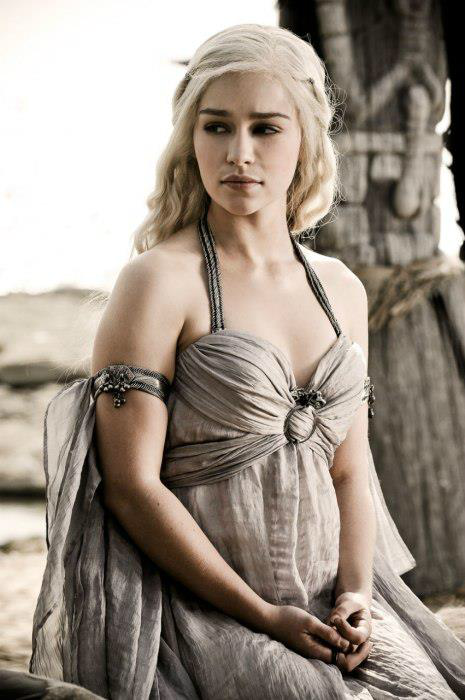Still, I don't know what I was thinking about this book, Krakatoa: the Day the World Exploded, before I read it. Simon Winchester, the author, was a geologist at Oxford. Let me say that again: Oxford. It's not a fun book with a plot. No, this is researched work--basically the entirety of Winchester's education. He spent a complete chapter over the history of plate tectonics, which is important to geologists. I am not a geologist, and I happened to think that geology is one of the most uninteresting topics in the universe. So if I were to read this again, I would skip over chapter three: "Close Encounters on the Wallace Line".

So with that in mind, reading this is for the purposes of learning. Let me debrief the main points. The volcanic eruption of Krakatoa, located in between the two most important islands of Indonesia, was the loudest sound recorded in human history. It was heard in parts of Africa, India, all over Asia, Australia and the Pacific. It is the largest volcanic eruption in modern human history, (don't even think about comparing it to Mt. St. Helens). Near 40,000 people died, and primarily drowned because of the tsunamis caused by the eruption. Krakatoa exploded to such a large extent that the volcano no longer to exists. That's right, the island blew it's self up. THE ISLAND BLEW ITSELF UP. Or at least into several different islands. But as far as the volcano is concerned, yeah it's gone.
 |
| The island that used to be Krakatoa is now three different islands, and Anak Krakatoa is new. Anak means child in Malay, making the name mean the child of Krakatoa. |
What is surprising about reading this research though, is how it had affected the world. I had never heard of Krakatoa before college, and still would never consider the event famous. It's been less than 150 years, and this phreatomagmatic explosion is never spoken of. Sound waves of the explosion traveled around the earth seven times. Mt. St. Helens blew off her top, but the volcano is still there. Can you even imagine the consequences if the mountain you live by, underneath, around just spontaneously combusted? It's like the earth had a giant zit, and had so much pressure building up that it had to pop itself.

I can't even begin to think of the realities of having a volcanic explosion to the extent of Krakatoa. Yet, here I live at the base of Mt. Rainer everyday. Maybe now, I'll be more educated on the signs of an about to explode volcano.
So I'll know when the world ends,
Emily























